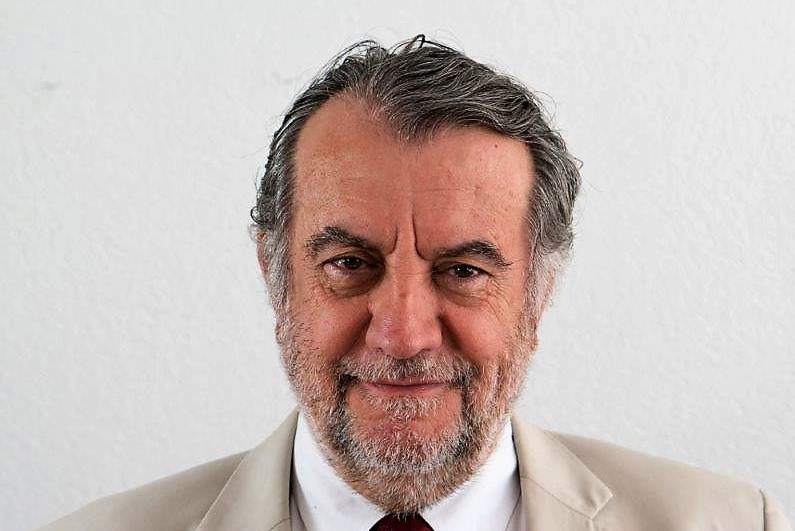PEAH is pleased to revive insightful, still valid reflections already published by professor Raymond Saner regarding Public Private Partnerships (PPPs) in the Health sector

By Raymond Saner, Ph.D.
Professor Titular University of Basle, Switzerland
Director, Centre for Socio-Eco-Nomic Development-CSEND
Geneva, Switzerland
Accredited by ECOSOC since June 2014 Special Consultative Status to the United Nations
www.diplomacydialogue.org raymond.saner@unibas.ch
Reflections About Public Private Partnerships (PPPs) in the Health Sector
Sadly, a sense of fustration is inevitable when considering all conflicting resolutions and moves laid down in the global health arena, with the result that public health interest almost regularly succumbs to the interest of the powerful.
Pessimism includes reservations at least (if not negative judgment) on the impact of the so-called public-private partnerships (PPPs), wherein … communities had been ignored, displaced, and had their basic rights violated by thoughtless projects designed and implemented in the pursuit of profit…Market-based models cannot be relied upon to deliver on human rights or the fight against inequalities as they are accountable only to their shareholders and not to their users.
In this connection, PEAH is pleased to give readers links to far reaching reflections, already published elsewhere, by professor Raymond Saner regarding Public Private Partnerships (PPPs) in the Health sector.
As the Author firmly maintains along these ….The SDGs suggest the achievement of sustainable economic, social, and environmental goals (triple bottom line) for each member country of the United Nations. To implement the SDGs, each government is supposed to set its triple bottom line goals, communicate them to their citizens, make the goal setting inclusive and participatory, and provide for means to review and monitor the implementation of the SDGs from 2015 to 2030. The UNECE PPP standard setting process is too crucial for the future of our societies to be left to private sector providers (construction companies, financial brokers) and government offices often short of democratic legitimacy. Without the inclusion of the civil society actors like consumer groups, cooperatives, labor unions, academic scholars, and teaching faculty, the risk of misguided investment decisions and related rent- seeking behavior by private and public sector actors is too high to be left to experts alone, however competent they might be. What is needed is a PPP Observatory which could add information on PPPs that are often missing or not fully reliable. Such a PPP Observatory could support UNECE and other international organizations but also governments and civil society stake holders involved in PPPs. A PPP Observatory could help the PPP-SDG process stay on course and ensure that the implementation of PPPs is aligned with SDG principles such as inclusiveness, participation, and transparency….
In light of the positive development published on 13 June by the EU Commission, these reflections are still valid and this comes as no surprise also based on professor Saner three year experience as a member of the PPP Bureau of UNECE (United Nation’s Economic Commission of Europe), while CSEND serving as an observer of the UN Inter-Agency Task Force on Social and Solidarity Economy (UNTFSSE) for several years now.
Find the relevant links below:
https://www.csend.org/images/articles/files/20220521-Springer_MRW__AU__IDX_.pdf
https://www.csend.org/images/articles/files/2015_04_16_Democratizing_PPPs_in_the_health_sector.pdf
Thanks for contributing answers and suggestions to the points raised above
—
By professor Saner recently on PEAH
SARS-Cov-2 Omicron Variant: Holding Our Leaders Accountable
Open Letter: Justifying Emergency Measures to Tackle Covid-19 Crisis in Europe